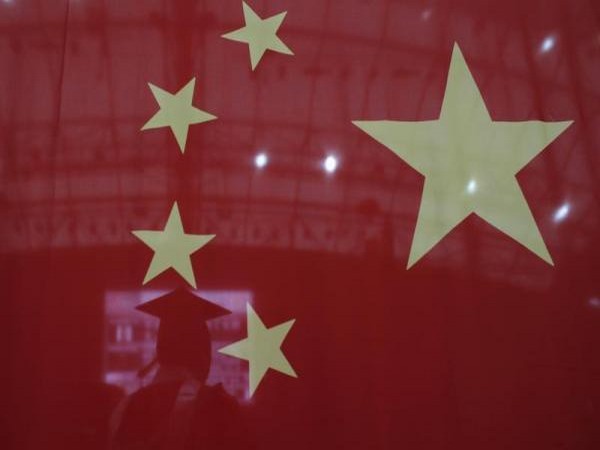Chinese officials and state media outlets are using social media to promote false information and influence public opinion in order to deflect attention from the human rights violations in Xinjiang.
According to several reports, technology is being used by the Chinese Communist Party (CCP) to impose transnational digital repression and sway uninformed audiences outside Chinese borders, reported Portal Plus.
In order to disprove, divert attention from, and prevent disclosures of accusations of human rights abuses, such as the arbitrary arrest, mass sterilisation, and cultural degradation of minorities in the province of Xinjiang, the party has deployed increasingly sophisticated internet strategies.
The CCP is responding to criticisms of its recent actions against human rights by coordinating its state propaganda apparatus, security agencies, and public relations industry to silence and shape Xinjiang narratives at home and abroad, rather than improving its treatment of Uyghurs and other Turkic minorities.
Exploiting social media and publishing platforms with a United States presence is at the heart of the CCP’s activities, reported Portal Plus.
CCP covert and coercive campaigns that impose costs and seek to restrain international entities — be they states, corporations, or individuals — from making fact-based criticisms of the party-record state’s on human rights in Xinjiang and Hong Kong and other delicate issues support their online public diplomacy efforts.
According to a recent investigation, Chinese officials and state media outlets are using social media to promote false information and influence public opinion in order to deflect attention from the human rights violations occurring in Xinjiang.
The Chinese diplomats and state media have been “using increasingly sophisticated online tactics” to deny the human rights violations committed in Xinjiang, the home of the Muslim Uyghur minority, according to a report published on July 20.
Between January 1, 2020, and January 1, 2022, more than 613.000 Facebook posts and 6.78 million tweets and retweets mentioning “Xinjiang” were examined for the paper, “Assessing the impact of CCP communication operations connected to Xinjiang,” reported Portal Plus.
CCP state media and diplomats posted 60.3 per cent of the top 400 most interactive Facebook posts (including comments and shares); of the top 1,000 most interactive tweets (including likes and retweets), 5.5 per cent came from CCP state media and diplomats, and 4 per cent came from accounts that Twitter has suspended for platform manipulation.
The use of strategic data sources, such as public opinion mining of social media platforms headquartered in the United States, to strengthen the Chinese Communist Party’s (CCP) capacity for influence and interference, should be stopped by governments.
In order to thwart and prevent harmful CCP activity, governments, members of civil society, think tanks, and social media users should develop countermeasures and reactions to CCP information operations and propaganda efforts that centre on the discourse on human rights, advised Portal Plus.

